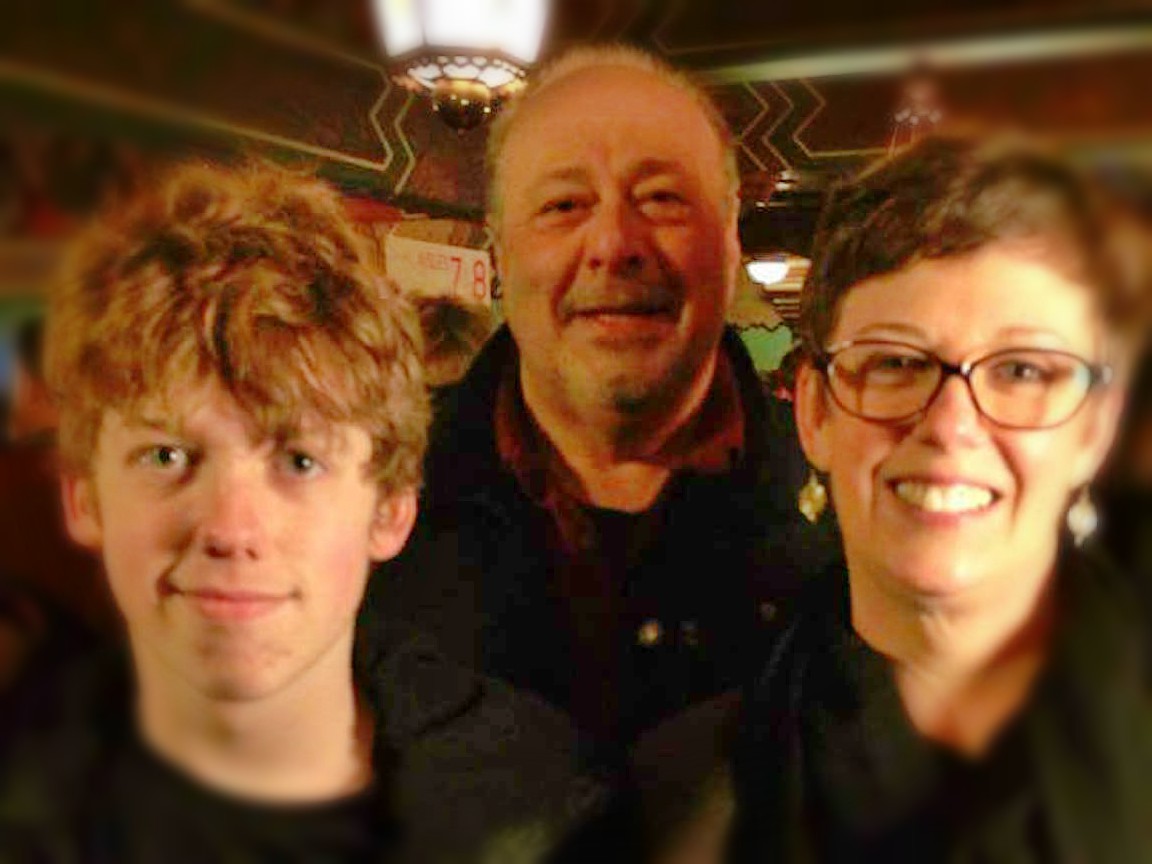As a mother who lost her son to suicide, I am astonished by the questions people ask me about Tom’s death and their incomprehension of the impact on me when they inquire about the details. Below are some of the questions people have asked me and how they made me feel. I acknowledge everyone’s experience may be different, but perhaps some of these will ring true to you. I have been asked all of these questions at least once, and some of them many times. I do understand there is a natural curiosity around suicides, but I stand firm in my conviction that curiosity is not a justification for me to be asked to share the information.
When someone asks. “How did he do it?” I hear, “The details of Tom’s death are more important than the impact of his life.” Tom was a sensitive, loving, service-oriented, witty, and intelligent young man. I would much rather he be remembered for how he lived than for how he died. In addition, this question opens the door for me to relive seeing his lifeless body as well as the intensely emotional time after his suicide. And even though I received counseling after my loss, I continue to experience PTSD symptoms when I return to that time.

Also, research indicates discussing methods of suicide can lead to copycat suicide attempts when people feel emotionally connected to the person who died or the means they used. While it is important to normalize talking about suicide, methods should not be a topic of discussion. All that being said, when a classmate of Tom’s died by suicide a few months after he did, my first thought was, “How did she do it?” so I understand the desire to know. Ultimately, how she died did not matter. She was gone, and another family in our community was forever changed.
I have been surprised by the number of people who push back against this point and say that knowing how Tom died helps bring understanding and closure for them. If someone feels it is imperative they know that information, they may be able to find it in different ways including the newspaper, talking to people other than close family members, and searching public records. Someone’s desire to know the means Tom used to kill himself does not outweigh my feelings or others’ safety.
When someone asks, “Didn’t you see the signs?” I hear, “You failed as a parent because you were not aware.” It took almost a year after Tom died for me to recognize the signs of his depression and suicide ideation, and that was only because I chose to become a suicide prevention advocate and learned to identify them through my research. That then led to a whole new set of issues for me in counseling because I had to come to terms with the idea that had there been an intervention, Tom might be alive today.
When someone asks, “Why did he do it?” I hear, “You should be able to explain his actions.” Survivors of suicide loss often feel stigma and may be questioning their own failures to address potential risk factors. Asking why the person attempted suicide reinforces the idea that their loved ones should know the reason or should have known there was an issue. In addition, suicides and suicide attempts are often presented as plot devices in television shows, movies, books, and plays as having one cause, when in reality there are often a number of risk factors associated with suicide attempts. Searching for one reason or risk factor or looking for one cause may perpetuate the falsehood of only one reason for an attempt.
When someone asks, “Did he leave a note? or, “What did his note say?” I hear, “The details of Tom’s last thoughts are more important than your feelings.” Suicide is a traumatic loss and discussing the existence of a note is intrusive. According to healthtalk.org, only 25-30% of suicides are accompanied by a note. If there is not a note, discussing its absence may be difficult because the family is left with many questions about their loved one’s death, and a note’s absence is just one more point of pain for them. If there is a suicide note, its contents may be highly distressing for survivors and will likely never answer all the questions of those left behind. I can personally attest to this point. It is preferable not to bring it up with survivors.
I want to believe most people do not mean to be hurtful when they ask these kinds of questions, and that they do not understand their painful impact. Wouldn’t it be preferable if people asked us about our loves one’s life, rather than their death?
Here are some examples of questions I would welcome about Tom:
- What are some of your favorite things about Tom?
- Tell me a story about Tom which would help me get to know him better.
- What are some adjectives which describe Tom?
- What do you miss most about Tom?
When people have asked me questions like these, I have shared stories about Tom’s life, and in some cases, his death, because I get to control the conversation’s content and audience. There is a natural curiosity around suicide, informed at least partly by how it is portrayed so often in the entertainment we digest. As a culture, we are speaking more openly about mental illness and suicide ideation which is wonderful! However, speaking about it in a larger sense is vastly different than talking about our lost loved ones. I wish those who are curious about our losses could be more sensitive to our feelings.




